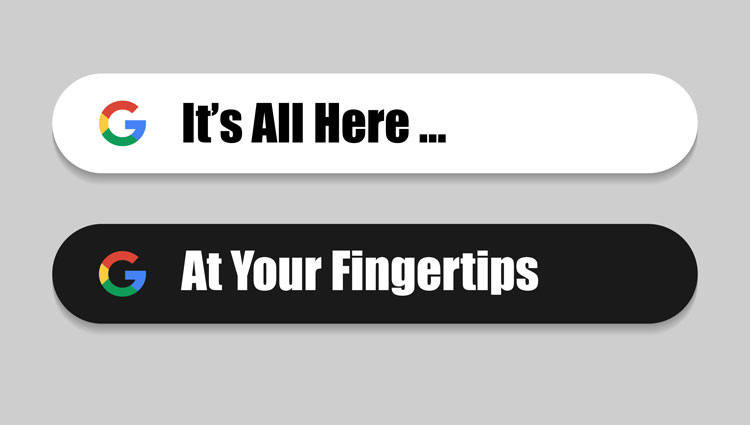Philanthropy, by its nature, carries an air of generosity and goodwill—a way for the wealthy to give back and help address big societal challenges. And let’s be honest, most of us admire the idea of someone using their resources to make the world a better place.
But not everyone sees it that way. Critics argue that large-scale philanthropy can sometimes do more harm than good, creating or reinforcing power imbalances that let the rich call the shots on what gets funded … and what doesn’t.
It’s a tricky topic, one that fundraisers and philanthropists like you are in a unique position to wrestle with. Let’s dig into the debate, one layer at a time.
What the Critics Are Saying
The big concern here is that philanthropy, for all its good intentions, can end up being about power—who has it, who doesn’t, and how it’s used. Here’s what critics point out:
- The Wealthy Set the Agenda. Let’s say a billionaire decides to pour millions into, for example, funding charter schools. That sounds great, but what if the local community is more concerned about fixing crumbling public school buildings or hiring more teachers? When a donor’s priorities don’t match the community’s needs, whose voice carries more weight? Often, it’s the person writing the check.
- Tax Breaks or Public Funds? Donations come with big tax breaks, which means less money going to public revenue—money that could’ve been used for schools, roads, or healthcare. Critics argue this gives wealthy donors a say in how resources are allocated, while the rest of us don’t get much of a say at all.
- Where’s the Accountability? Philanthropists don’t answer to voters the way politicians do. If a philanthropist’s money doesn’t go where it’s supposed to—or worse, causes harm—there’s often no real way to hold them accountable.
In short, the argument is that large-scale philanthropy might feel like a generous gift, but it’s sometimes more about control than true change.
The Case for Philanthropy
On the flip side, there’s no denying the incredible good that philanthropy has done—and continues to do. Let’s give credit where credit is due:
- It Funds the Unfundable: Governments can’t always afford to take big risks. Philanthropy often steps in to fund things such as experimental cancer treatments, bold climate initiatives, or grassroots social movements that might not get public funding.
- It Fills Gaps: Think about disaster relief efforts or global health initiatives. When government budgets are stretched thin, philanthropy can make all the difference. Vaccines, clean water, scholarships—these are often made possible because someone decided to write a check.
- It Challenges the System: Some wealthy donors genuinely try to address the root causes of inequality. For example, funding social justice organizations or reforming criminal justice systems—initiatives that challenge the very structures that allowed some to amass their wealth in the first place.
When done thoughtfully, philanthropy has the power to transform lives and tackle issues that might otherwise go ignored.
So, What’s the Real Issue?
At its heart, the debate isn’t about whether large-scale philanthropy is good or bad. It’s about balance. How do we keep the good while minimizing the risks?
For Fundraisers:
This means having tough conversations with donors. How can you encourage them to think beyond their own preferences and focus on what the community really needs? Can you advocate for more collaboration and less control?
For Philanthropists:
It’s about self-reflection. Are you listening to the people you’re trying to help? Are you open to giving up some control? Are you investing in solutions that empower communities, rather than just imposing your own vision?
No one’s expecting perfection, but these are the kinds of questions that can make philanthropy more impactful and equitable.
Let’s Keep the Conversation Going
At the end of the day, philanthropy is a tool. It can uplift and empower, or it can perpetuate inequality and concentrate power in the hands of a few. The difference lies in how it’s used.
For those of us in the fundraising and philanthropy space, it’s on us to ask hard questions and hold ourselves—and each other—accountable. How do we ensure that giving isn’t just about money, but about creating real, lasting change?
It’s a conversation worth having. And it starts with you.






